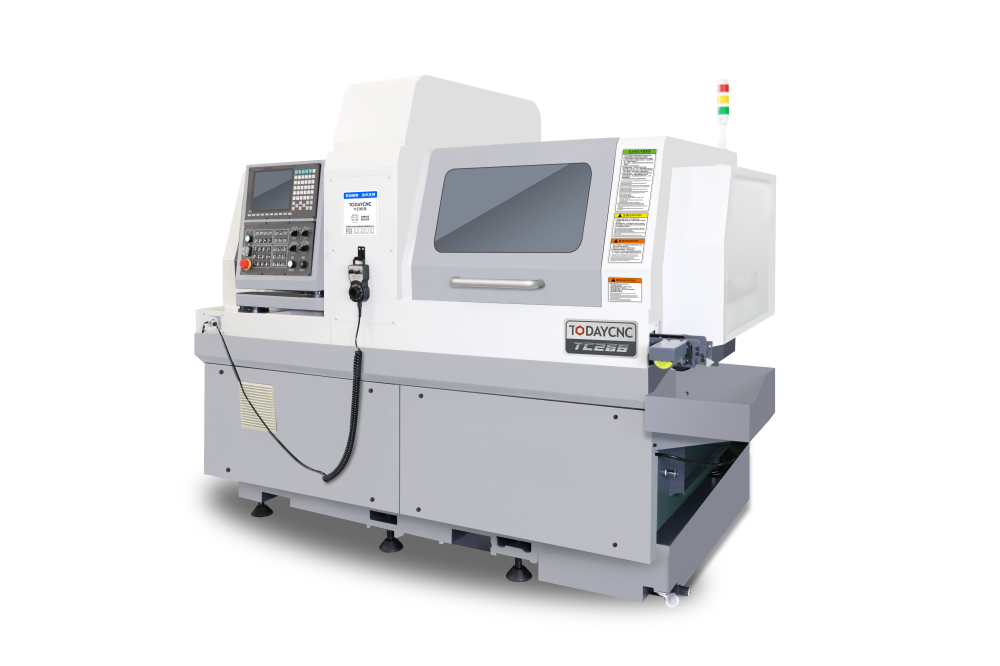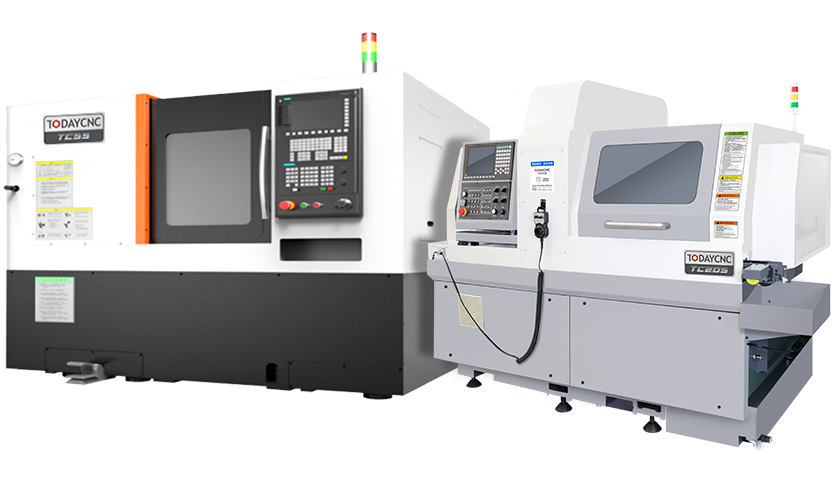The Ultimate Guide to CNC Swiss Lathe Machines: Precision Engineering at Its Best
CNC Swiss lathe machines represent a significant advancement in precision engineering, playing a crucial role in the manufacturing and machining industry. These machines are designed to produce high-precision parts, often used in various applications, including the automotive, aerospace, and medical sectors. Understanding their operation and benefits can greatly inform potential users about their capabilities and advantages in production.
At the heart of CNC Swiss lathe machines is the concept of "Swiss-type" machining. This technique originated in Switzerland and is renowned for producing small, complex parts with extreme accuracy. The unique design of these machines allows the workpiece to move along a guide bushing, which supports the material during cutting. This setup significantly reduces vibrations, leading to enhanced precision and superior surface finishes, making them ideal for intricate components.
One of the standout features of CNC Swiss lathes is their ability to perform multiple operations simultaneously. These machines can handle turning, milling, drilling, and threading tasks, all within a single setup. This multi-functionality not only streamlines the manufacturing process but also reduces the time and labor required for production, thereby increasing overall efficiency.
Moreover, the use of CNC (Computer Numerical Control) technology in Swiss lathes allows for programmable precision. Operators can input detailed specifications into the machine’s computer system, enabling it to replicate complex designs with minimal human intervention. This automation not only enhances accuracy but also minimizes the potential for human error, leading to consistent quality across production runs.
CNC Swiss lathe machines are also highly versatile. They can accommodate a variety of materials, including metals, plastics, and composites. This adaptability makes them suitable for producing a wide range of products, from tiny screws to larger, more intricate components. Furthermore, their precision capabilities make them ideal for industries that require stringent tolerances and high-quality finishes, such as aerospace components or surgical instruments.
In summary, CNC Swiss lathe machines are a cornerstone of modern manufacturing, particularly in sectors that demand high precision and versatility. Their unique design, combined with the advantages of CNC technology, allows for efficient and accurate production of complex parts. By understanding the operational principles and benefits of CNC Swiss lathes, manufacturers can leverage this technology to enhance productivity and maintain high standards of quality in their products. Whether you are considering upgrading your machinery or simply seeking to understand the capabilities of CNC Swiss lathes, this knowledge will be invaluable in navigating the world of precision machining.
At the heart of CNC Swiss lathe machines is the concept of "Swiss-type" machining. This technique originated in Switzerland and is renowned for producing small, complex parts with extreme accuracy. The unique design of these machines allows the workpiece to move along a guide bushing, which supports the material during cutting. This setup significantly reduces vibrations, leading to enhanced precision and superior surface finishes, making them ideal for intricate components.
One of the standout features of CNC Swiss lathes is their ability to perform multiple operations simultaneously. These machines can handle turning, milling, drilling, and threading tasks, all within a single setup. This multi-functionality not only streamlines the manufacturing process but also reduces the time and labor required for production, thereby increasing overall efficiency.
Moreover, the use of CNC (Computer Numerical Control) technology in Swiss lathes allows for programmable precision. Operators can input detailed specifications into the machine’s computer system, enabling it to replicate complex designs with minimal human intervention. This automation not only enhances accuracy but also minimizes the potential for human error, leading to consistent quality across production runs.
CNC Swiss lathe machines are also highly versatile. They can accommodate a variety of materials, including metals, plastics, and composites. This adaptability makes them suitable for producing a wide range of products, from tiny screws to larger, more intricate components. Furthermore, their precision capabilities make them ideal for industries that require stringent tolerances and high-quality finishes, such as aerospace components or surgical instruments.
In summary, CNC Swiss lathe machines are a cornerstone of modern manufacturing, particularly in sectors that demand high precision and versatility. Their unique design, combined with the advantages of CNC technology, allows for efficient and accurate production of complex parts. By understanding the operational principles and benefits of CNC Swiss lathes, manufacturers can leverage this technology to enhance productivity and maintain high standards of quality in their products. Whether you are considering upgrading your machinery or simply seeking to understand the capabilities of CNC Swiss lathes, this knowledge will be invaluable in navigating the world of precision machining.
Related Blog














